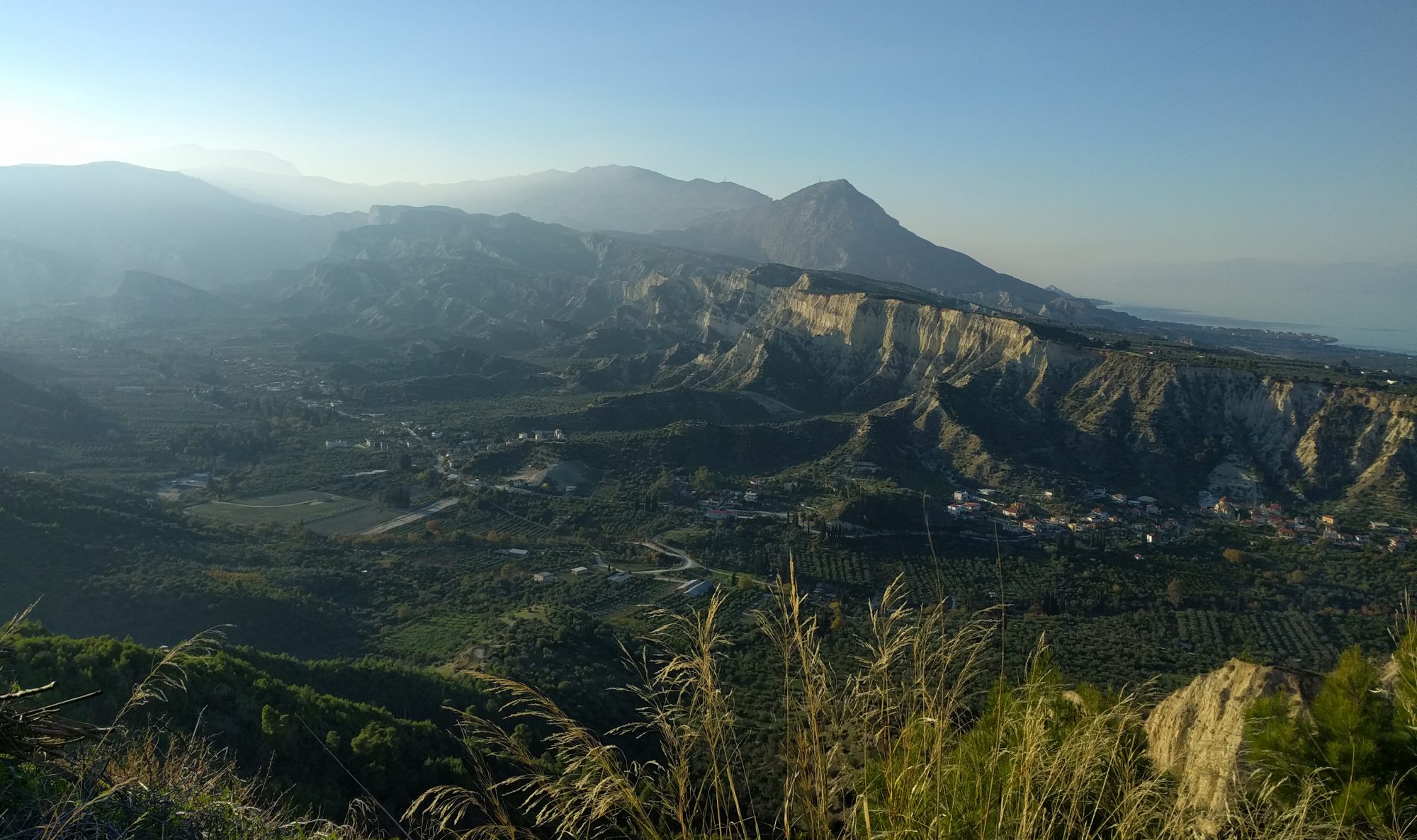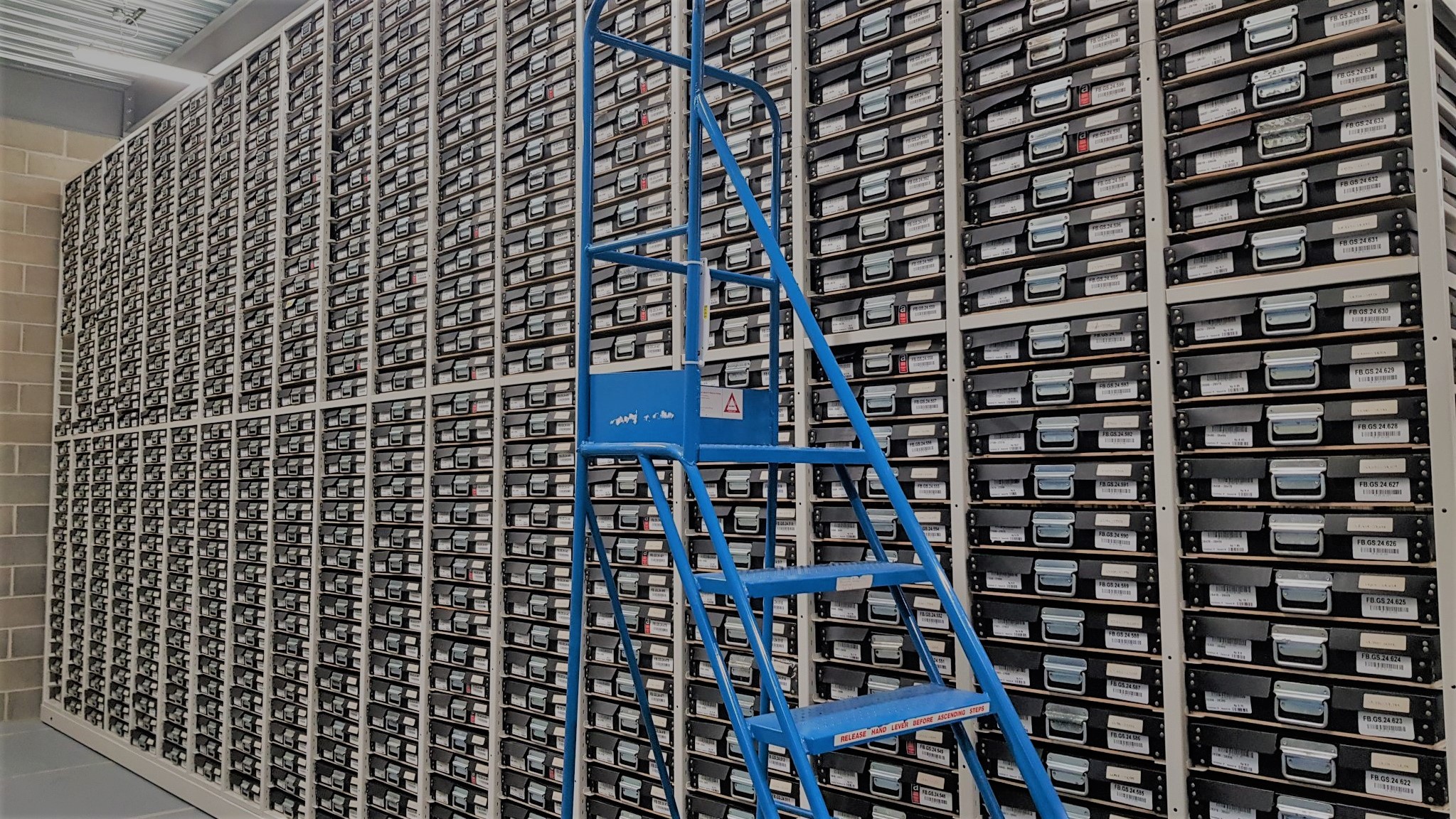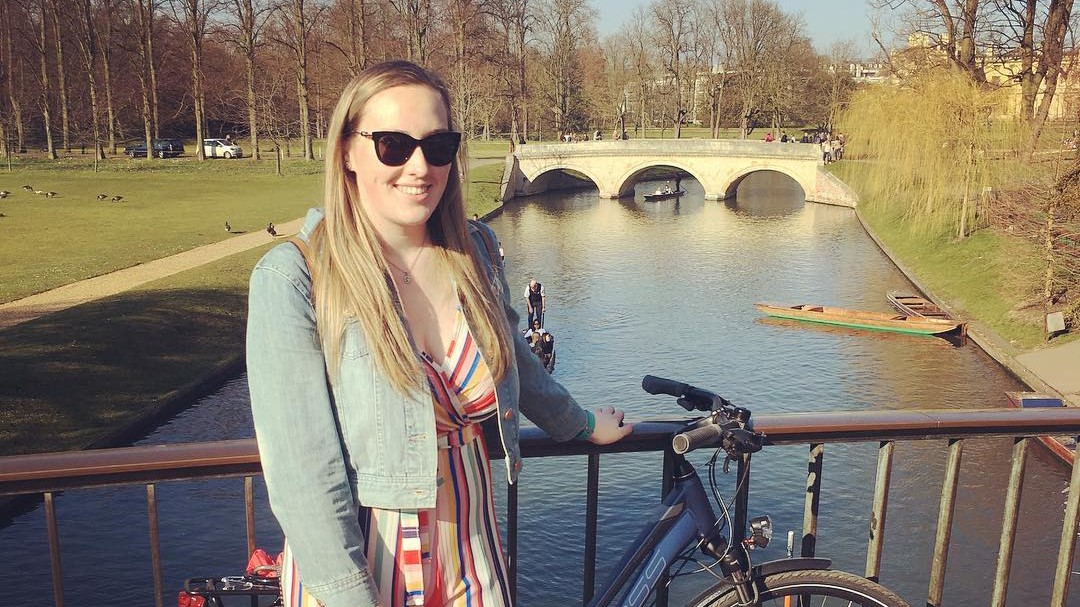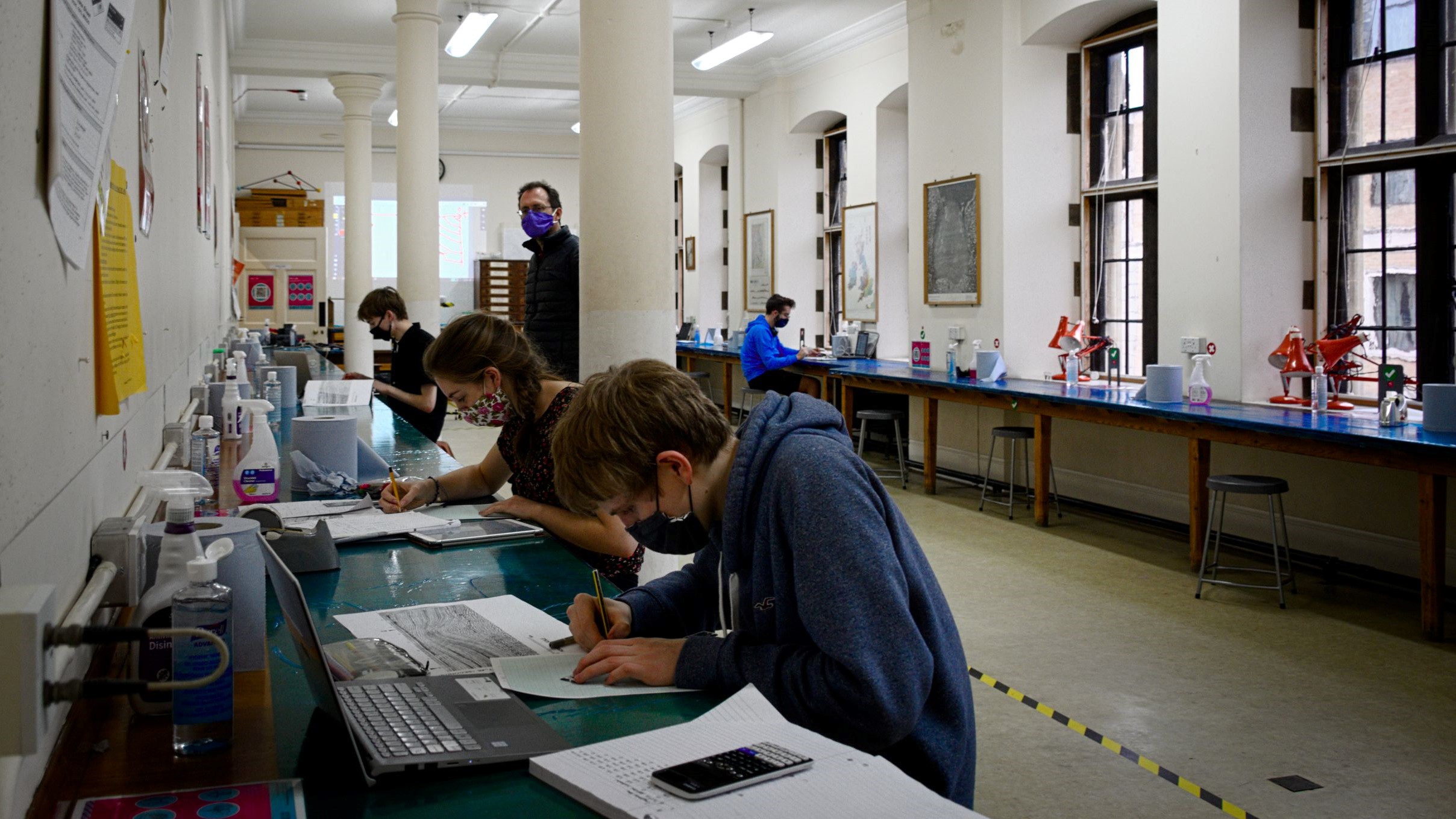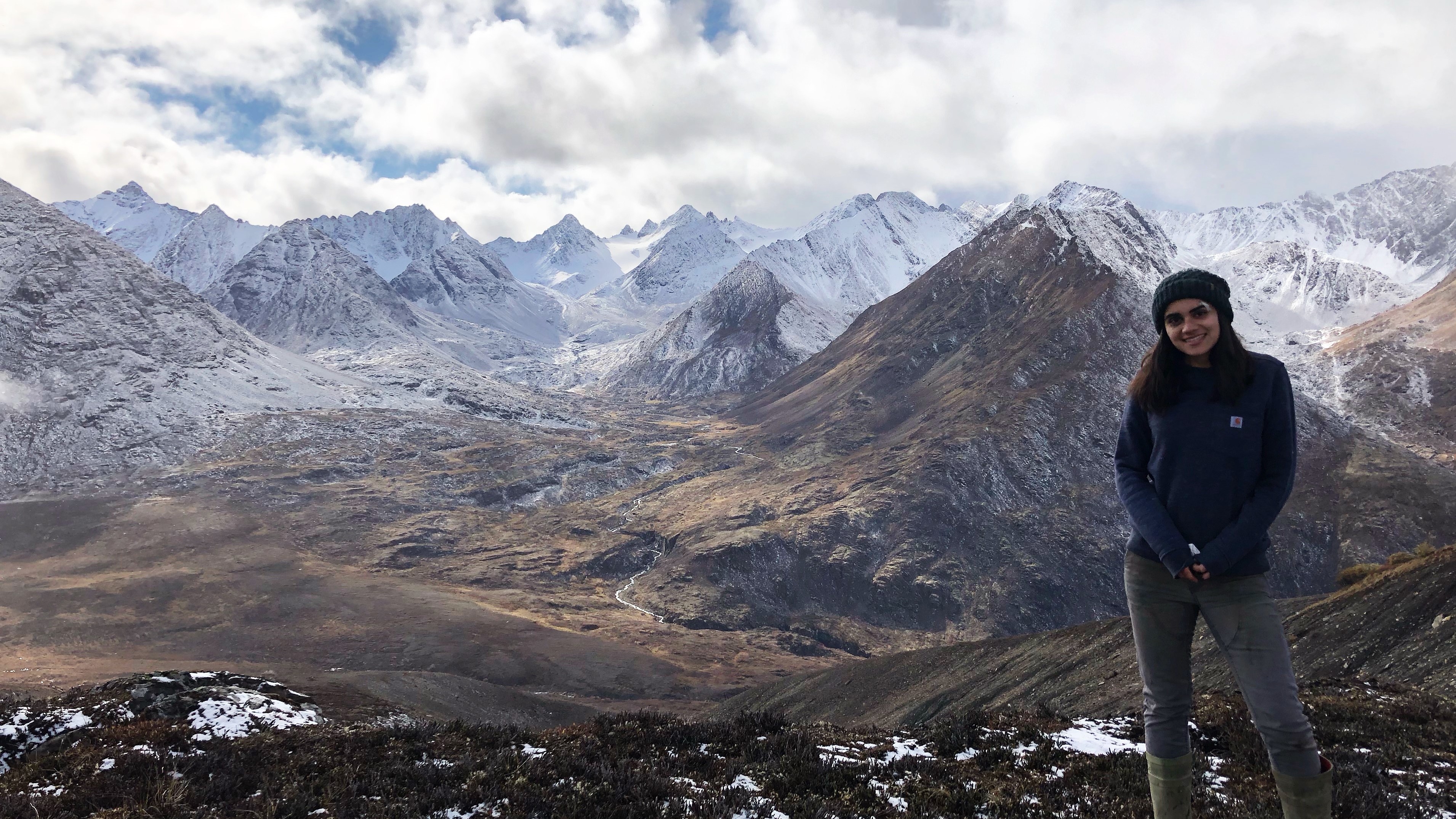The roles of museum curators and archivists are often shrouded in mystery – what do they get up to behind the scenes? In this post I lift the lid on the profession and give you an insight into my job as Sedgwick Museum’s Collections Assistant for the intriguingly named, Moving a Mountain project. But first, I’ll start at the beginning – how I first got hooked on museum collections.
Continue reading “Catherine Craston demystifies the role of a Museum Collections Assistant”The UK’s best student mapping project
In June every year, the Part II examiners in Cambridge Earth Sciences select the best mapping project of the year group, based on the quality of field maps and notebooks, and on the final drafted map and report. Since 2006, this top project has won the Reekie Prize within the department; a useful accolade to put on the CV. However, a yet bigger prize is then at stake. In December, the project gets submitted for a national award: the Dave Johnston prize of the Geological Society’s Tectonic Studies Group (TSG).
Continue reading “The UK’s best student mapping project”Learning from earthquakes, protecting communities
A PhD student from our Department has recently answered a call to join an international mission to improve the understanding of earthquake impacts, response and recovery. Aisling O’Kane was selected as part of a team of volunteer engineers and academics investigating a destructive magnitude 7.0 earthquake and tsunami in the Aegean Sea. She was one of only two geologists selected for the mission and worked alongside structural engineers and response management experts.
Continue reading “Learning from earthquakes, protecting communities”Socially-distanced Earth Sciences teaching. Dr Nigel Woodcock finds out how the term went…
For the first time in 47 years, I’m not doing any teaching in this academic year. But, having been Director of Teaching for over half that time, I’m still programmed to worry about how teaching is going in the Department, especially in this strange year of all years. So I asked a selection of students and teaching staff for their perspective. The replies I had were almost entirely positive…
Continue reading “Socially-distanced Earth Sciences teaching. Dr Nigel Woodcock finds out how the term went…”Escaping the pandemic – my experience as an exploration geologist in Yukon
If you had the chance to escape from the ongoing pandemic to a remote exploration geology camp in northern Canada, 150km from the closest town and only accessible by helicopter, would you take it?
I came to Cambridge to start my PhD in January 2020 and, although I was warmly welcomed, things were at first pretty uneventful. However, this changed dramatically with the sudden onset of COVID-19. I chose to return home to Canada where I continued to work on what I still hope to be a lab-based PhD. However, there are, of course, limitations to research from a bedroom 5000km from Cambridge!
Continue reading “Escaping the pandemic – my experience as an exploration geologist in Yukon”